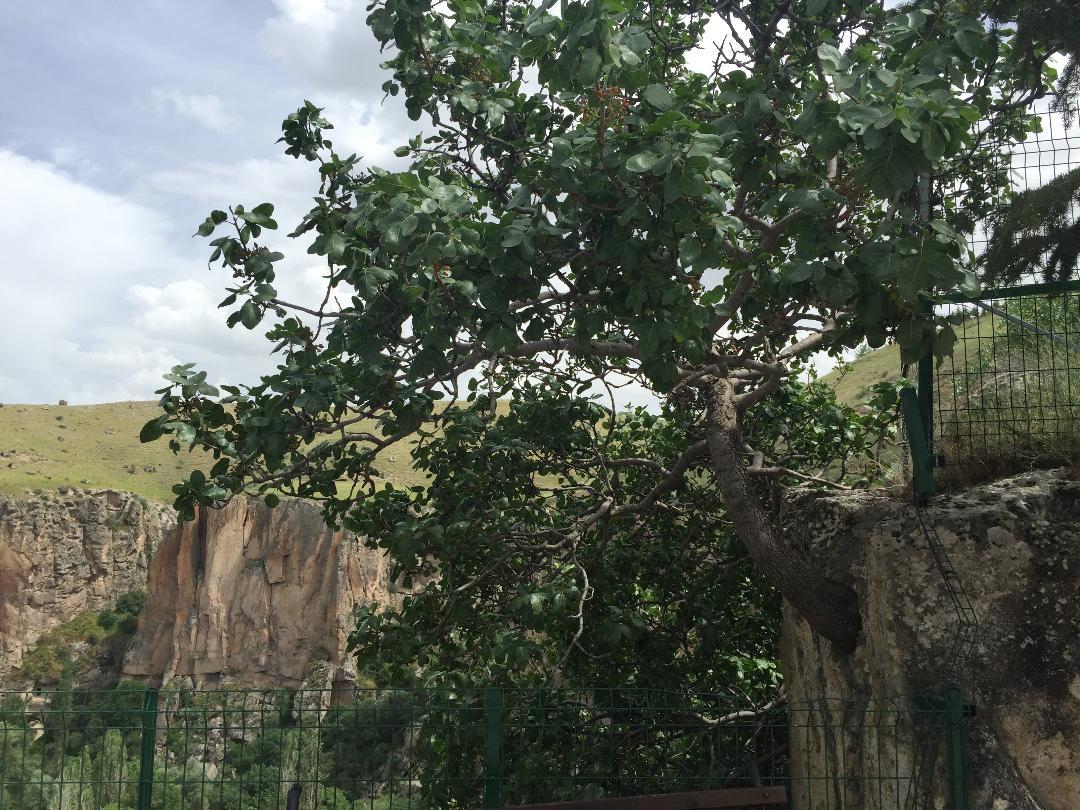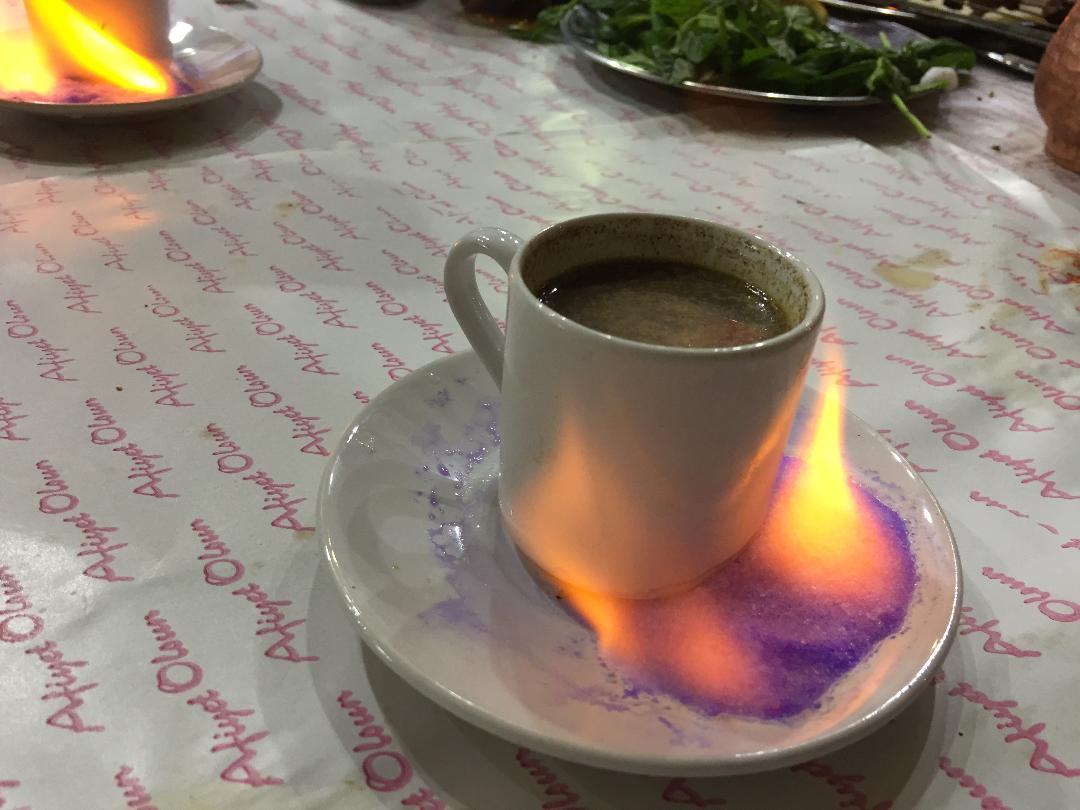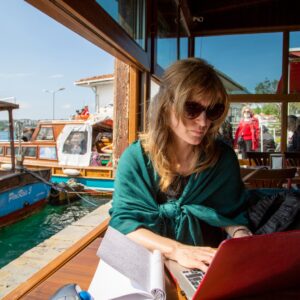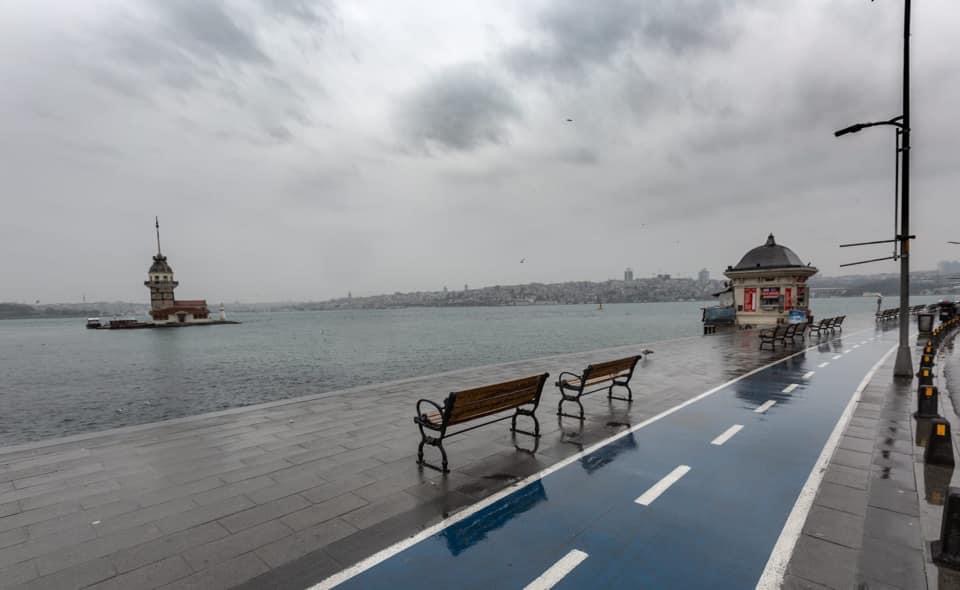Monday marked my third month living in Turkey. The anniversary prompted me to reflect on how things have changed, from feeling utterly lost in my new environment to feeling a sense of confidence and acceptance.
When I say “acceptance,” I mean I have finally accepted that my life in Turkey is different from in the United States in both positive and negative ways.
One of the small things I had trouble accepting in Turkey was Turks’ patent refusal to add milk to Turkish coffee – something I tried in the United Arab Emirates and really enjoyed.
On a discouraging Saturday afternoon during my first month in Turkey, I stopped inside a small coffee shop by Istanbul’s Eminönü ferry terminal. I had been lost for almost two hours, having missed a couple of bus connections and wandered around looking for another bus that was supposed to take me to the Ortaköy neighborhood where I had an appointment to look at a flat, which eventually would become my home.
I ordered a Turkish coffee and asked the barista to add milk. In Turkey, that’s like adding vinegar to baking soda: It erupts.
“Turkish coffee, no milk!” he yelled.
“Can I just have some? I like it that way,” I pleaded.
“Turkish coffee, no milk,” he insisted.
“Fine.”
For a while after that, I tried to convince baristas that Turkish coffee with milk is delicious and that they should keep an open mind. But after consistent backlash, I ultimately gave up and largely stopped drinking Turkish coffee.
The marvelous ending to this story is that acceptance eventually opened the door to my desire.
The door led to a spectacular vista in Cappadocia’s Ihlara Valley in Central Turkey.
During a guided group tour of the valley in May, our tour guide, Aysel Sivri of Woop Woop Travel Agency, pointed out some wild pistachio trees, growing on a ridge over the valley.

The wild pistachio seeds are used to make a very delicious “coffee,” she said in passing.
As we hiked through the valley, I asked her to repeat the name of the coffee and jotted it down.
Her next words stunned me: “It is like Turkish coffee, but it’s made with milk.”
Once back in Istanbul, I was on a part-time mission to find the coffee, which is called “menengiç” coffee. It is also called “terebinth” or “turpentine” in English. I found some shops that sold the grounds, but having never tried it and not knowing how to make it, I held out for a coffee shop that served it.
A coworker gave me the name of a coffee shop in Istanbul’s Kadikoy neighborhood – Okkalı Kahve – that offers menengiç on its menu, so I added that to my list of places to try.
Before I had a chance to visit, I was unexpectedly served the coffee during a meal with my friend, Zeynep, at Ciğeristan, a homestyle kabob restaurant in Istanbul’s Fatih district.
The restaurant serves the coffee on fire. They ignite a flammable salt-like substance on the saucer to cook the coffee in its cup. Beyond its thrilling presentation, the coffee is the most delicious coffee I’ve tried. It has a nutty – and more importantly to me, a milky – sweet flavor.
Calling it coffee could be a misnomer because menengiç coffee has no caffeine, but then again neither does decaffeinated. In that respect, it’s a good alternative to caffeinated coffee in the evening. Menengiç has digestive benefits and is packed with vitamins, including A, B1, B2, B6, C and E. It also contains protein, fiber, fat, phosphorus, calcium, iron and potassium, according to the Turkish food website, Harbi Yiyorum (which means “I am really eating”).
The coffee – which originated in Iran and is served there, is cooked in the same way as Turkish coffee, in a Turkish coffeepot and on a heavy fire, the website says. To make it, add two teaspoons of menengiç grounds to one cup of milk, as well as sugar to taste. Boil the ingredients while continuously stirring. It’s traditionally served with nuts and water. In Turkey, the beverage is most associated with southwestern Turkey, especially Gaziantep, where wild pistachio trees flourish in the region’s dry, soft soil.




